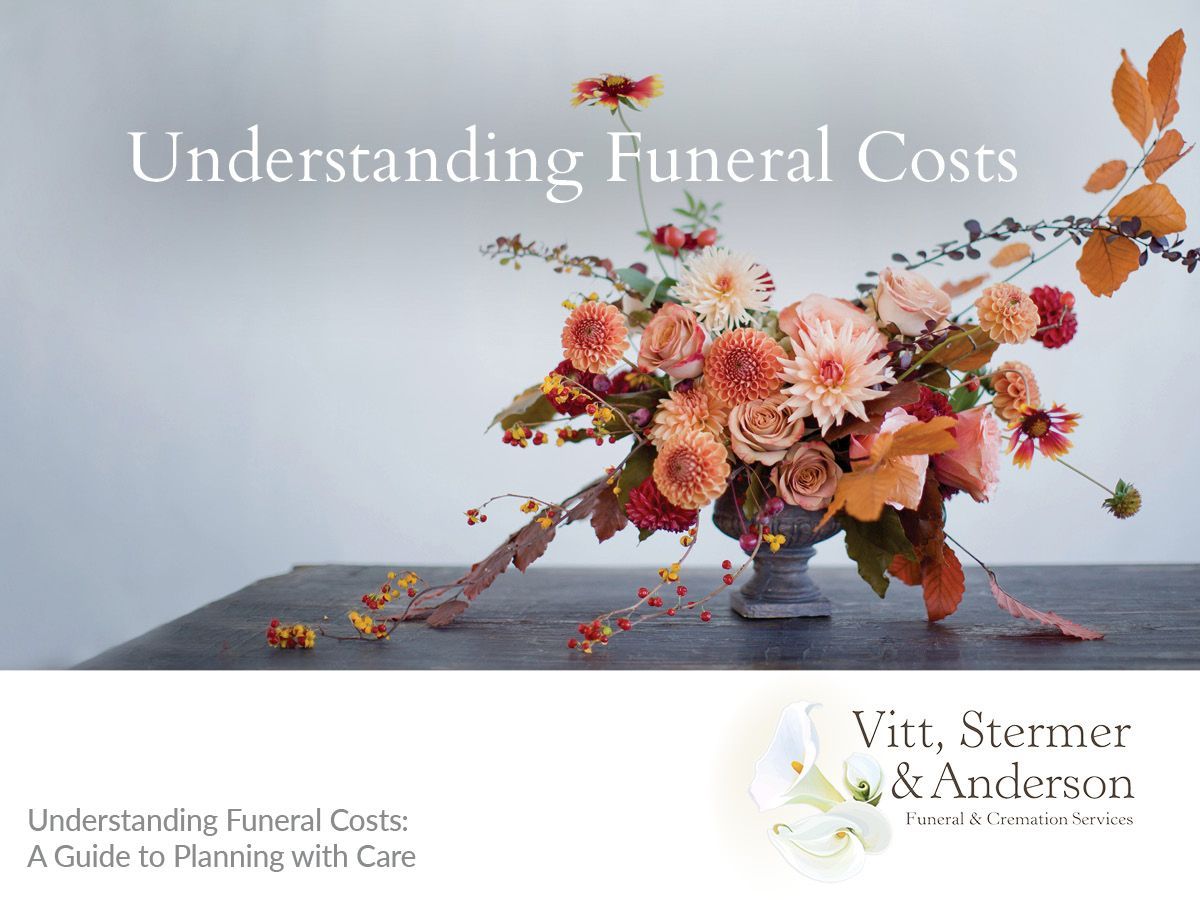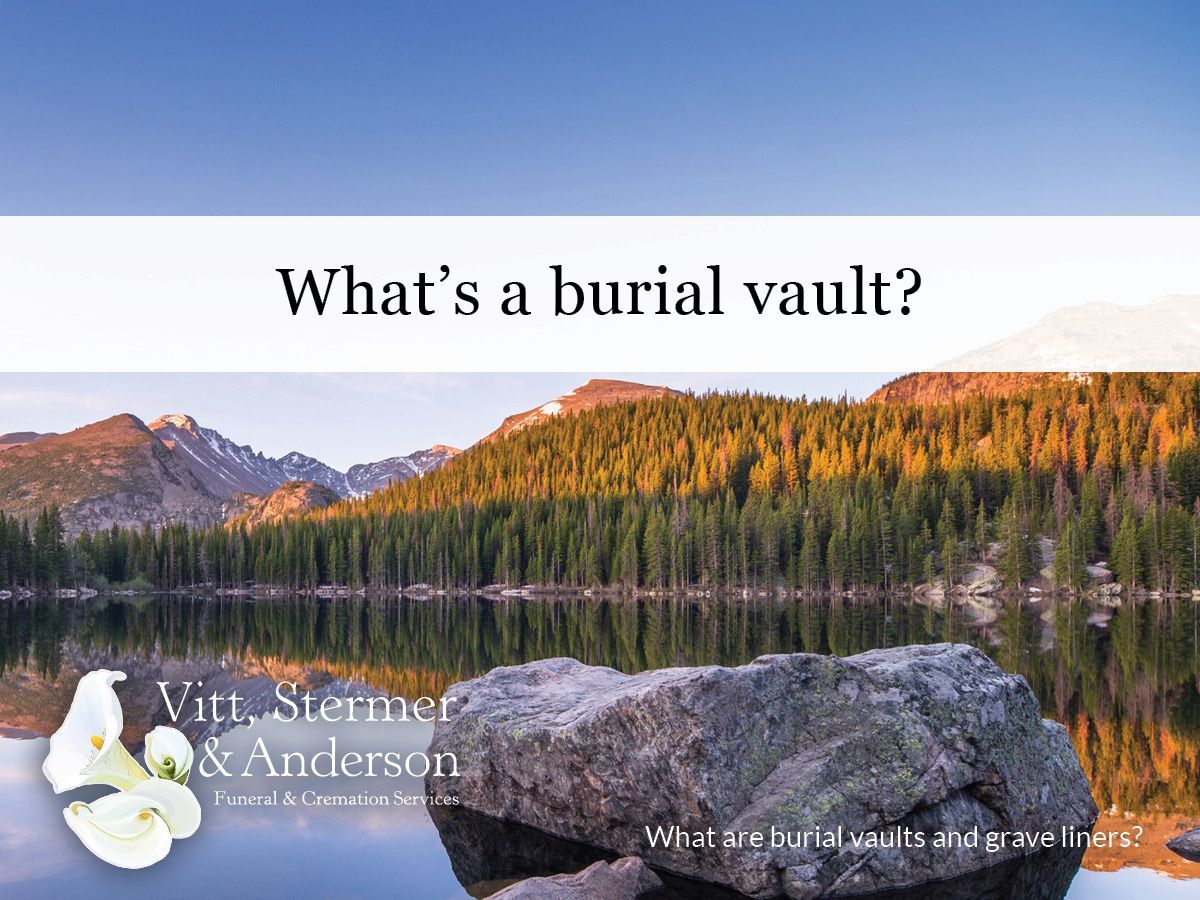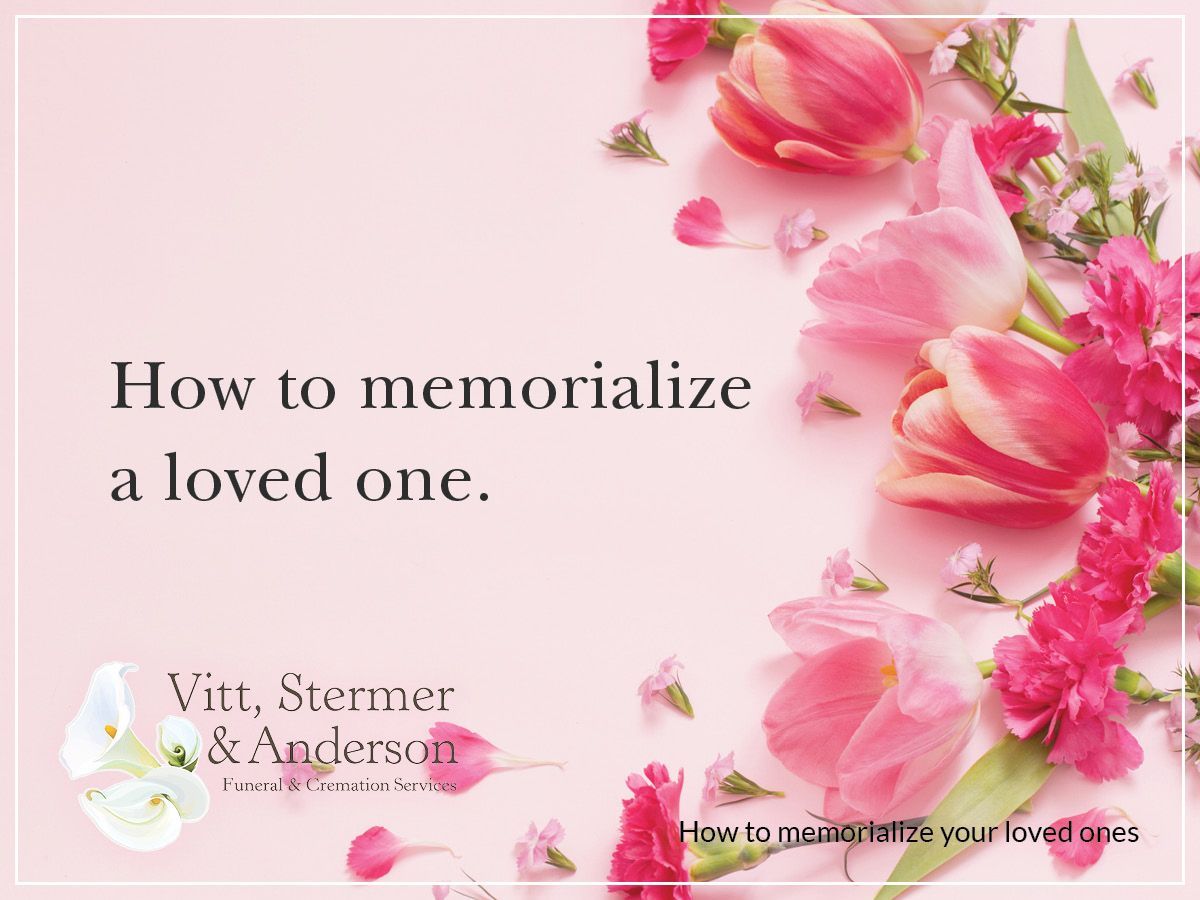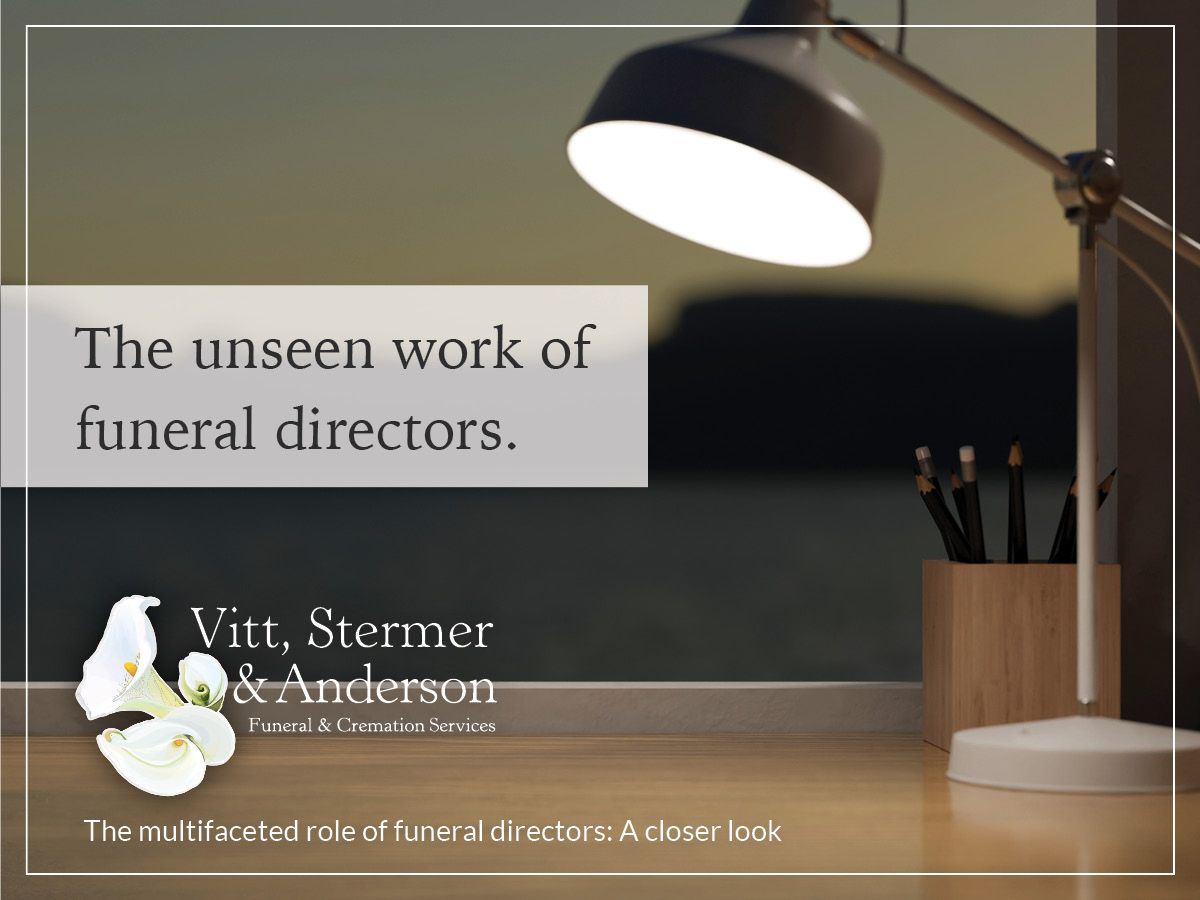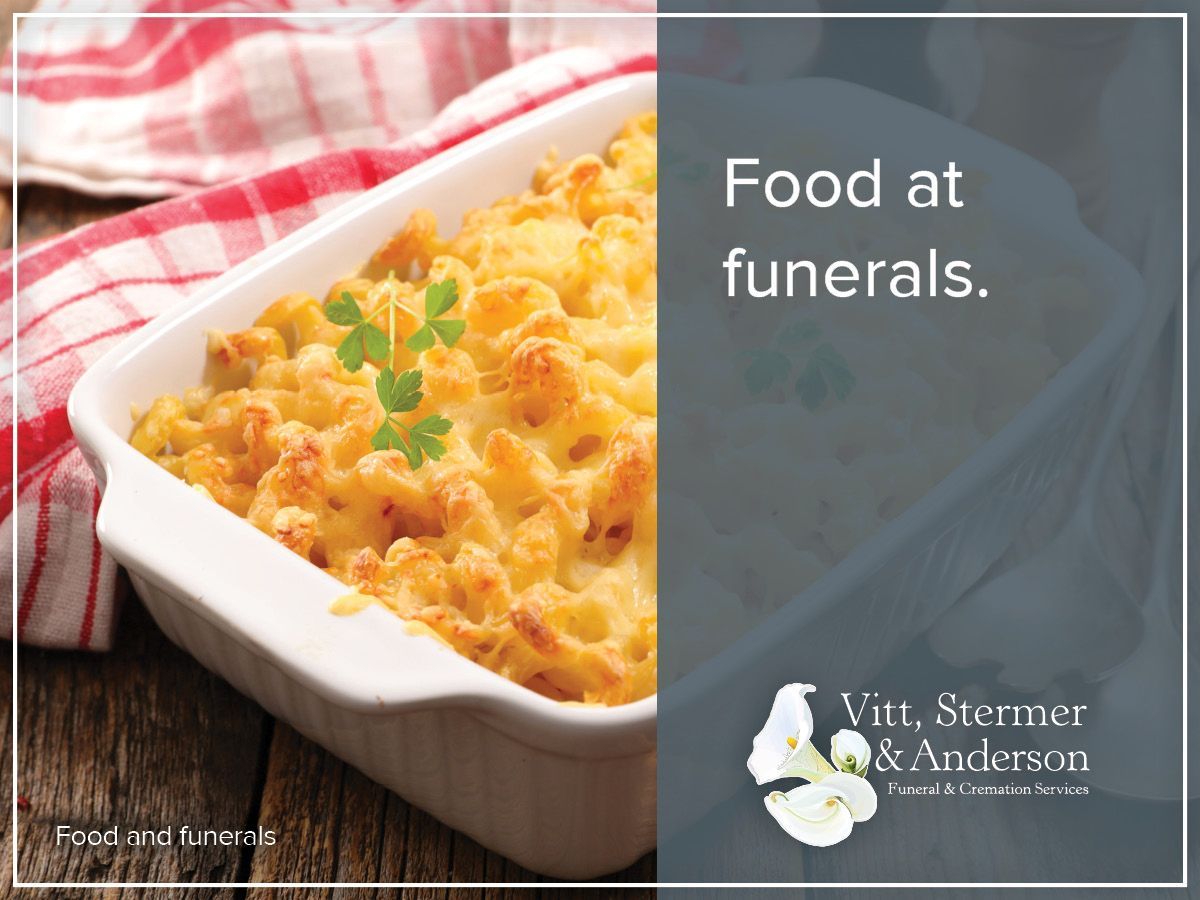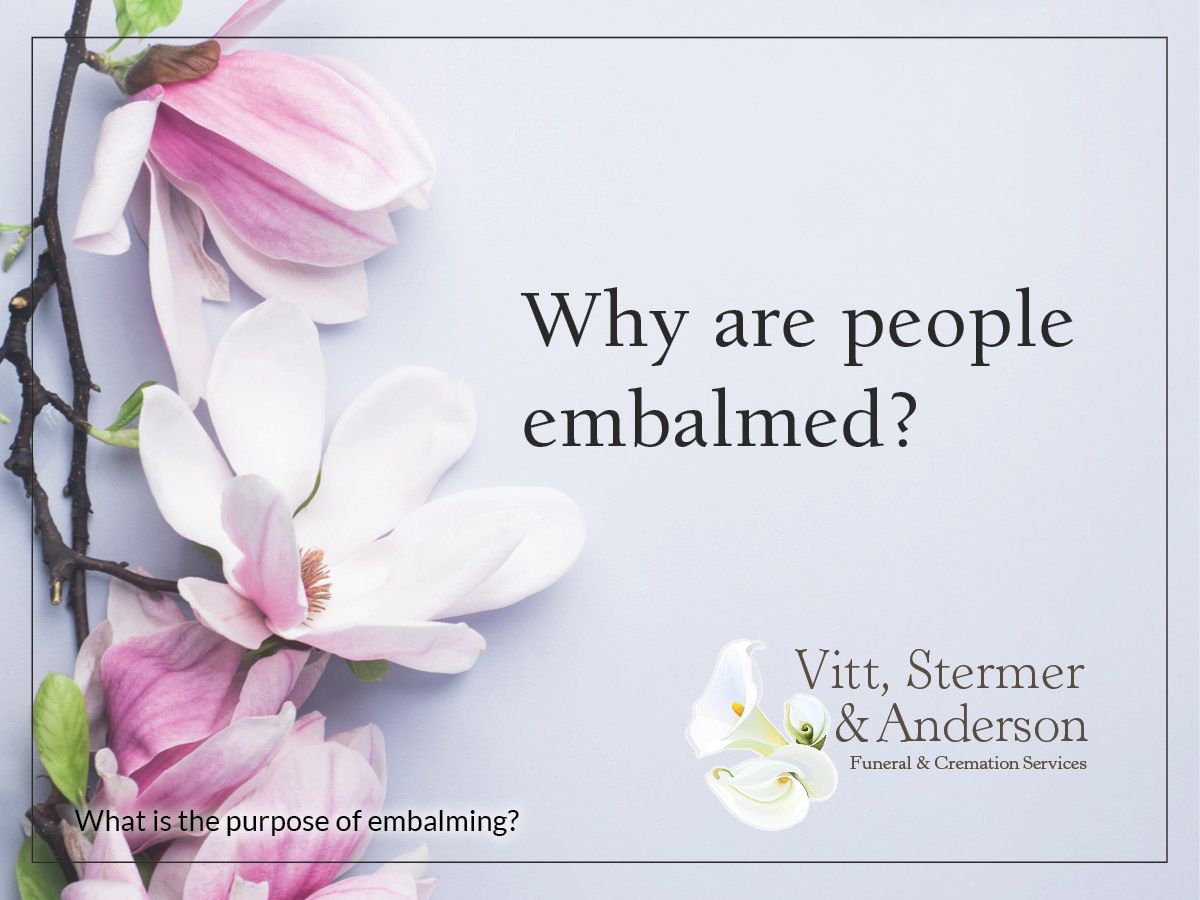What’s a Wake and Why Is It Called That?
A funeral is often only one service a person will have after they pass. Before or after the funeral, family members may plan additional services, such as a visitation or a reception. But what about a wake? How does one work? And why exactly is it called a wake anyway?
What is a wake?
Wakes occur across many different cultures, and they’re practiced differently across those cultures. But a modern wake, especially in the United States and Canada, looks very similar to viewings. In fact, they’re often used synonymously.
In the past, wakes were commonly held in the home, but now it’s more often that a wake will happen in a funeral home. One of the most significant reasons why is that wakes typically have the decedent present. It can be difficult for the family to keep their loved one at home while planning for and enacting their funeral services. If a wake occurs at home today, it’s common to see that the decedent is not present, though a photo of them may be.
A wake is an opportunity to do two things: say a more personal goodbye to the decedent and pay your respects to the surviving family. During a funeral, we say a collective farewell to the person we’ve lost. But during a wake, guests can spend more time with the loved one, who is often displayed in an open casket. The mourners may speak with the loved one or even touch their hand or kiss their forehead, something to provide comfort to them and make them feel more connected to the person they lost.
The decedent’s family will be in attendance during a wake, and it’s customary to offer them your condolences. There may be a more formal receiving line for you to speak with each member of the family briefly, but some families prefer less structure. Additionally, because the family is grieving, they may find it difficult to stand in such a line for the entirety of the wake. Wakes can last for two to six hours and are often held the evening before the funeral. Some families may opt to have multiple wakes if they anticipate many guests. In some cases, a wake may be held directly before the funeral, which can mean a particularly long day for the surviving family.
It’s natural, then, for the families to also be a bit weary during this time. If you see family members sitting down rather than in a receiving line, do your best not to place any additional burden upon them. If you’d like to offer them condolences, be respectful, courteous, and brief. But if they engage you in more conversation, it’s perfectly fine to sit with them and talk about what they feel most comfortable discussing.
While a funeral often has a formal structure to it, wakes are meant to be more informal and self-guided. No officiant will lead you and the other guests through the wake. It’s also up to you to determine how long you’d like to stay. Although it’s customary to stay for an entire funeral, most people don’t stay for the length of a wake. Some people may come in for only 15 minutes. Others may linger for hours. It’s up to you, but, again, remain respectful of the family. There are likely many people to whom the family members will be speaking, so try not to monopolize their time.
Wakes are particularly interesting services because there isn’t a set tone for them across every culture. For some families, a wake is meant to be a somber affair. But others use it as a celebration of life. A traditional Irish Wake, for instance, is often filled with prayers, but it’s also filled with song, dance, games, food, and drink.
Why is it called a wake?
There are many stories about the origin of the
wake. Some believe that it comes from how lead poisoning from pewter mugs caused
drinkers to fall into an unconscious, death-like state, only to wake up hours
later. Others think the wake is actually Jewish in origin despite the Irish
Wake being considered a very Catholic affair. An ancient Jewish custom held
that the burial chamber must be open for three days before sealing it to ensure
that the person had truly passed away. Some believe that diseases had overtaken
the Irish countryside, making people appear to have passed away, only for them
to wake up. Therefore, people would come view the supposed decedent to see if
they’d wake up before they held a funeral.
However, it’s more widely accepted that wakes weren’t about “waking up” the
person who passed. They were about holding a vigil and standing guard. In Celtic
countries in Europe, volunteers would stay awake beside the decedent until they
were buried. It’s believed that their presence would stop evil spirits from
possessing or taking their loved one.
But today, a wake is more simply another chance to say goodbye to a loved one and support their remaining family. If you’d like to hold a wake for a loved one, talk to your funeral director about incorporating one into their services. Since wakes are more informal than funerals, how you want to hold one is entirely up to you. Whether you want a lively celebration of life or a more somber viewing, you can plan a service that fits who your loved one was, as well as fit your family’s needs.

